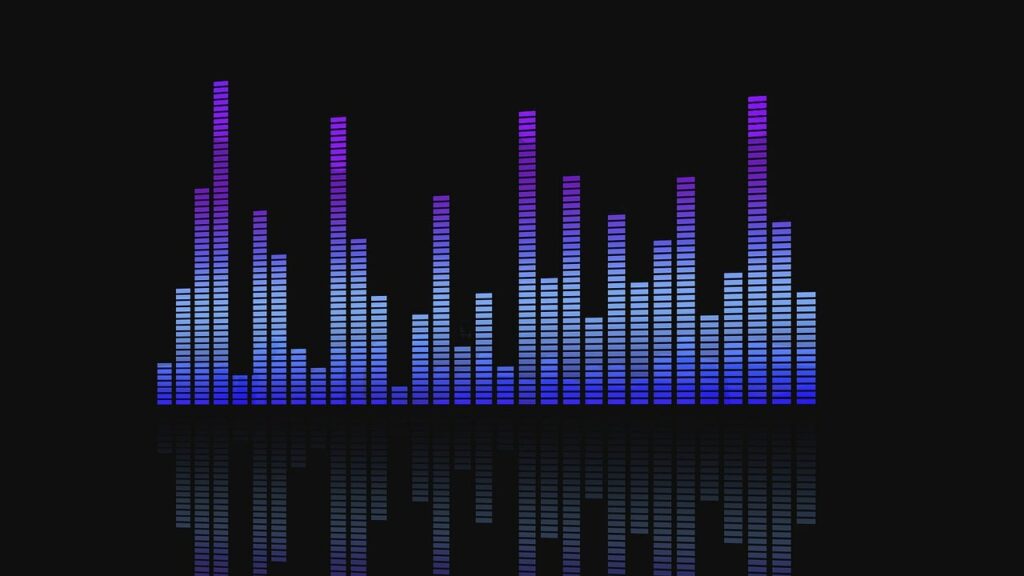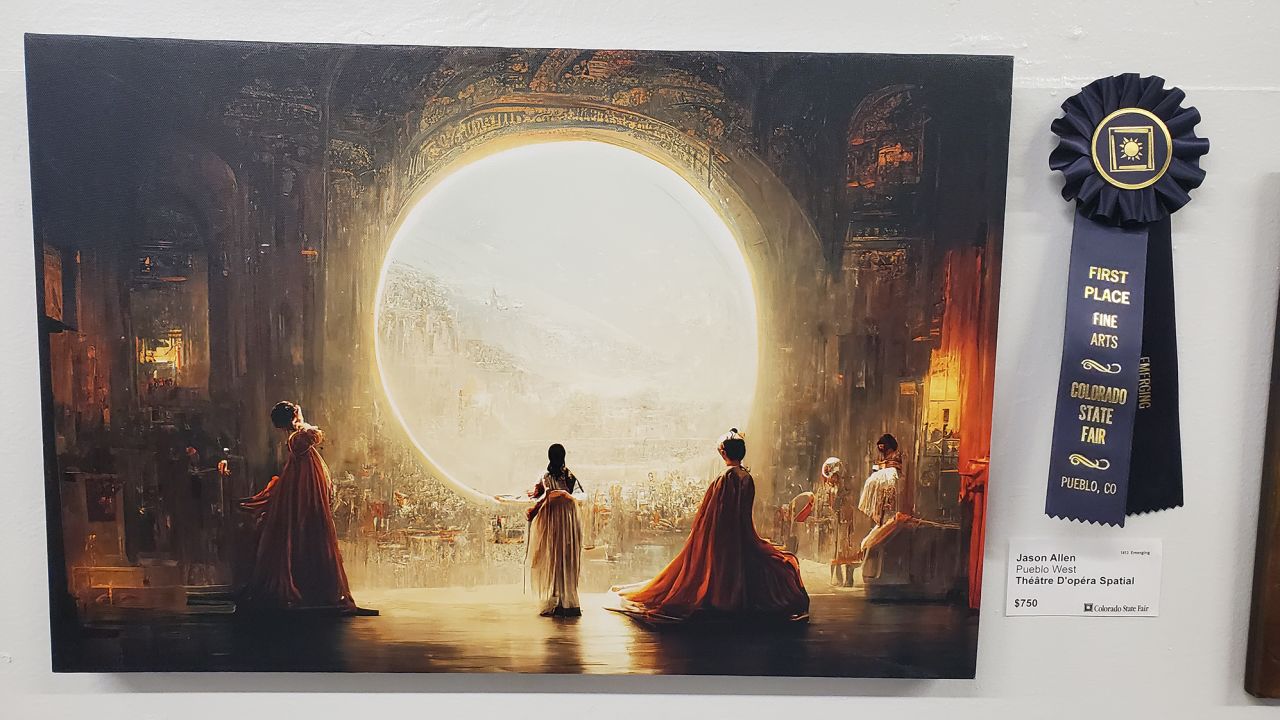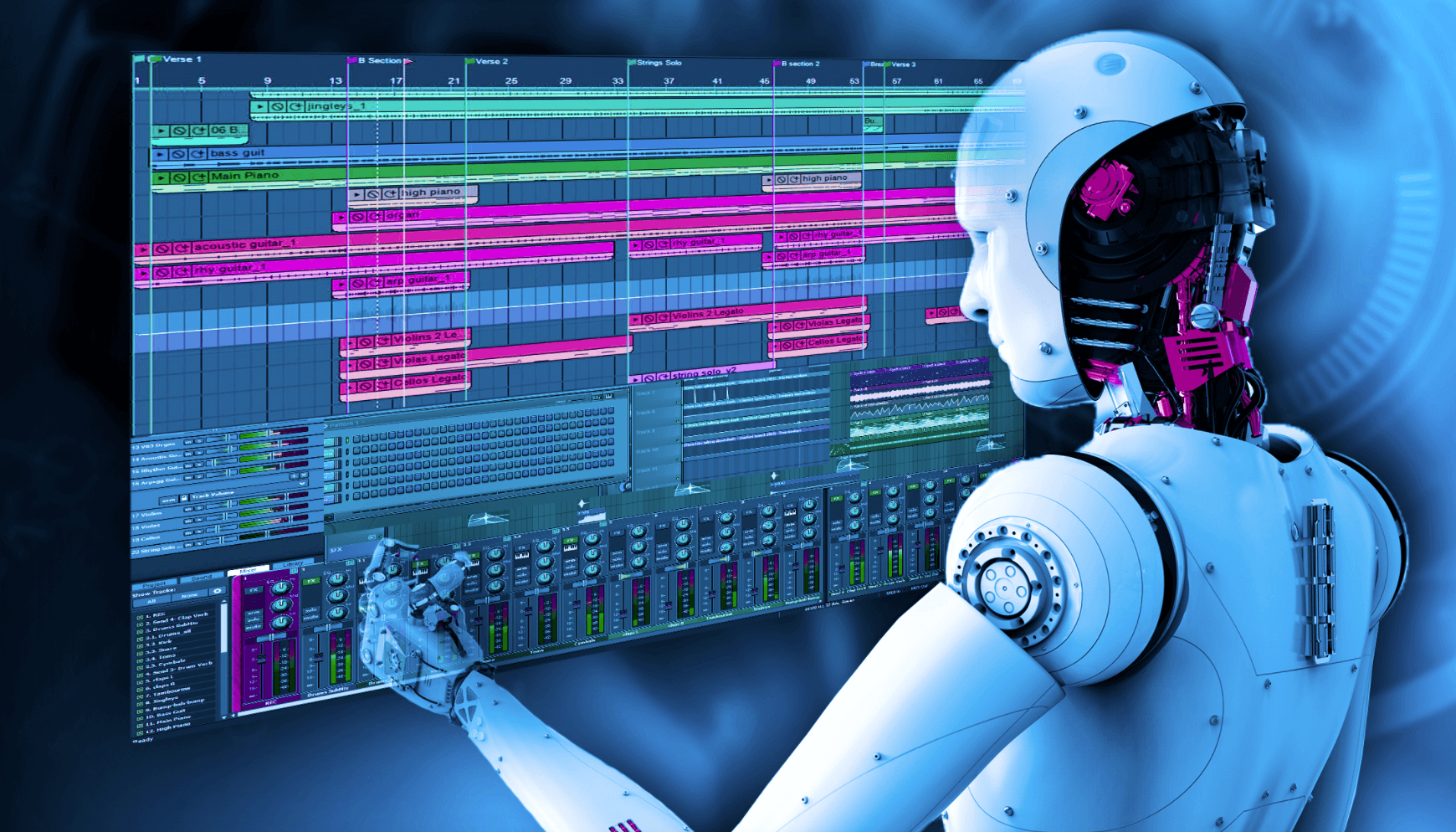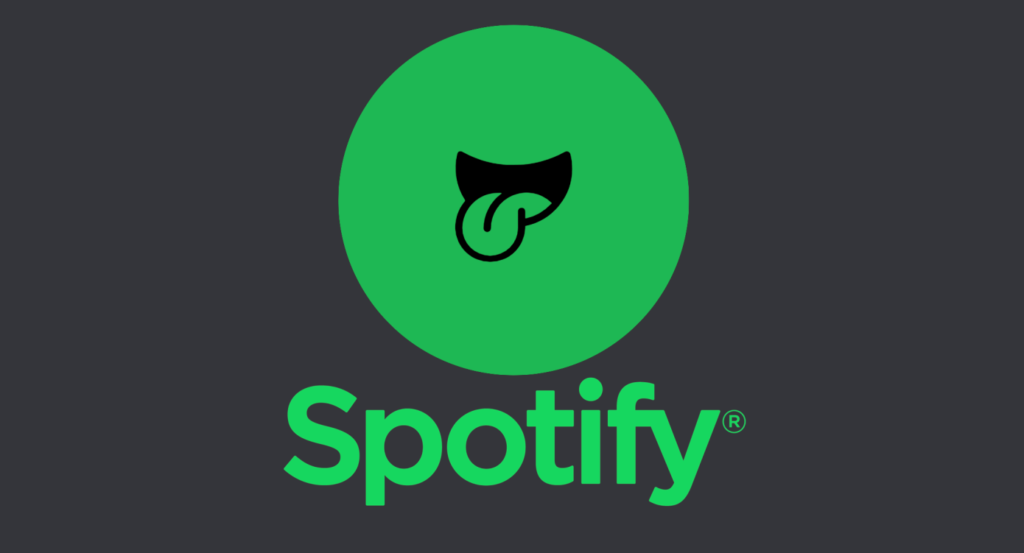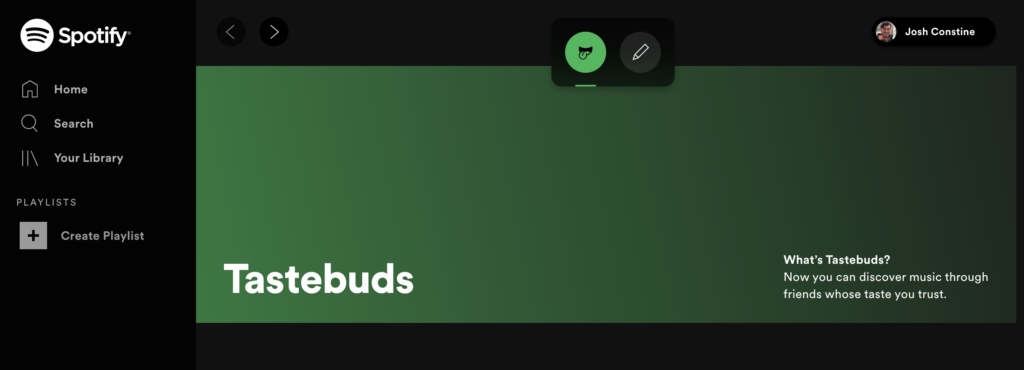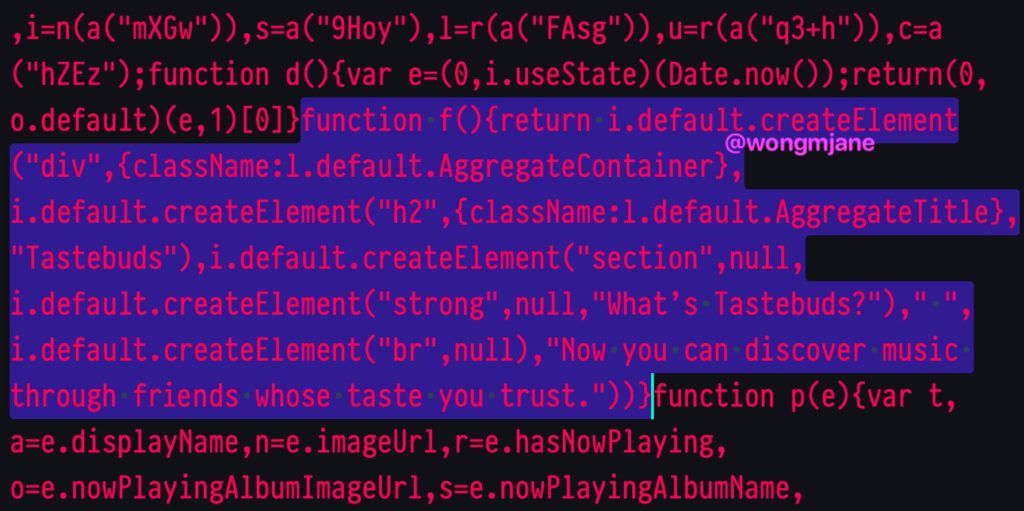
In recent times, Spotify, the popular music streaming platform, has faced significant challenges with its staff. The company’s CEO, Daniel Ek, made the decision to implement mass layoffs, citing the need for a more impactful and efficient workforce. This move was met with mixed reactions from both the employees and the general public. One of the notable departures was that of CFO Paul Vogel, who sold $9 million in shares after the cuts were announced. This raised eyebrows and led to speculation about the motivations behind the layoffs. Vogel’s inclusion among those exiting the company fueled further scrutiny and fueled rumors of internal conflicts within Spotify’s management team. Despite the layoffs, Spotify has seen significant success in recent years. The company’s stock rose by a staggering 130% and it gained 85 million new users in 2023 alone. However, these positive figures were overshadowed by the fact that approximately 25% of the staff were affected by the layoffs. This resulted in a substantial number of people losing their jobs, leaving them unemployed and uncertain about their future. As a historically unprofitable company, Spotify has attributed its financial struggles to various factors, including the high expenses associated with a hiring surge and investments in podcasts. CEO Daniel Ek openly acknowledged the need to address the company’s flawed cost structure and emphasized the importance of cost reduction as a necessity.

In response to the layoffs, analysts have predicted potential profit growth for Spotify. The expectation is that the cost cuts will lead to a 10% increase in the company’s stock value after the announcement. While this may seem promising for the shareholders, it does little to alleviate the concerns of the affected employees and the negative consequences of the layoffs. Moreover, the cost-cutting measures at Spotify have also had a detrimental impact on the company’s content offerings. Several notable podcasts were canceled as a result of the layoffs, leaving avid listeners disappointed and questioning the direction of the platform. This trend indicates a shift in Spotify’s trajectory, moving away from ambitious ventures and more towards cost-cutting measures, price hikes, and even possible exits from unprofitable markets. It is clear that Spotify’s decision to implement mass layoffs has created a significant wave of dissatisfaction within the company and among its users. What was once seen as an idealistic platform for streaming music has now given way to the pragmatism of managing a publicly traded business. The pressures to trim costs and increase profitability appear to have taken precedence over the well-being and job security of the staff. The challenges faced by Spotify’s staff are representative of a larger issue within the corporate world – the prioritization of profit over people. While cost cuts and streamlining operations may be necessary for a company’s financial health, it is imperative that the well-being and livelihoods of the employees are not compromised in the process. In conclusion, the problems with staff at Spotify are indicative of the overarching challenges faced by many companies in today’s corporate landscape. As the company navigates its way towards profitability, it must do so with empathy and sensitivity towards its employees. Finding a balance between cost-cutting measures and maintaining a healthy and motivated workforce is paramount for long-term success. Only time will tell if Spotify can find this delicate equilibrium and regain the trust and loyalty of its staff and users alike.
Sources:
Spotify: number of employees 2022 | Statista
How Spotify won its streaming war but lost a quarter of its staff (ft.com)
Spotify lays off 17 percent of workforce in latest round of job cuts – The Verge

